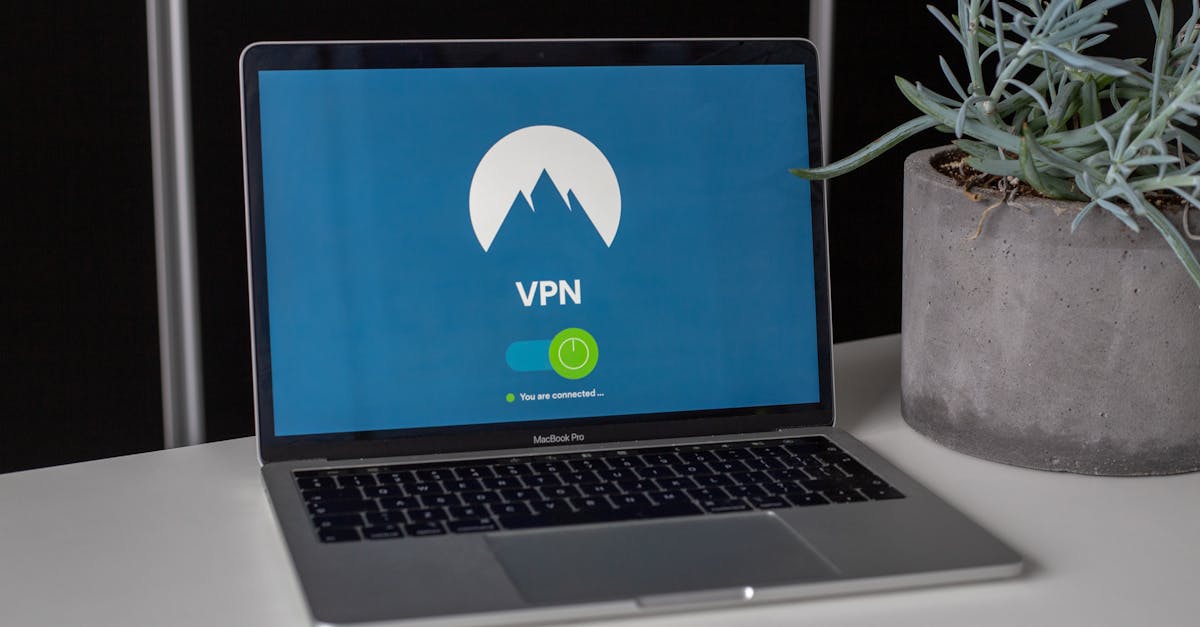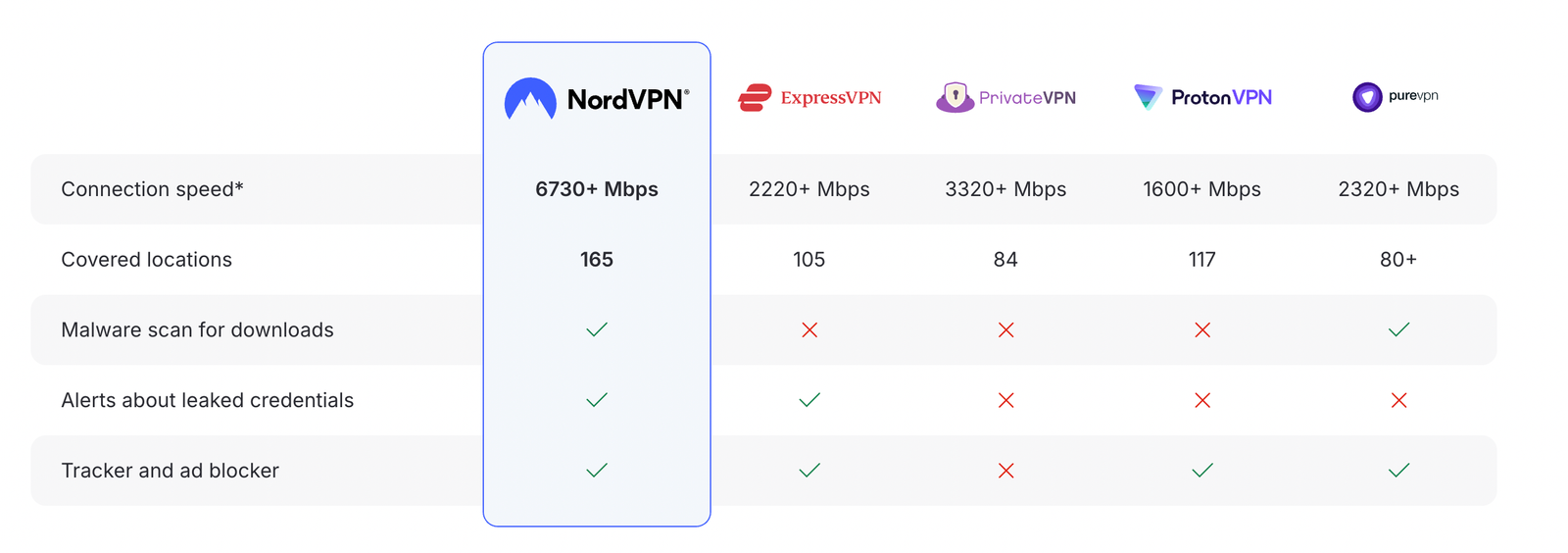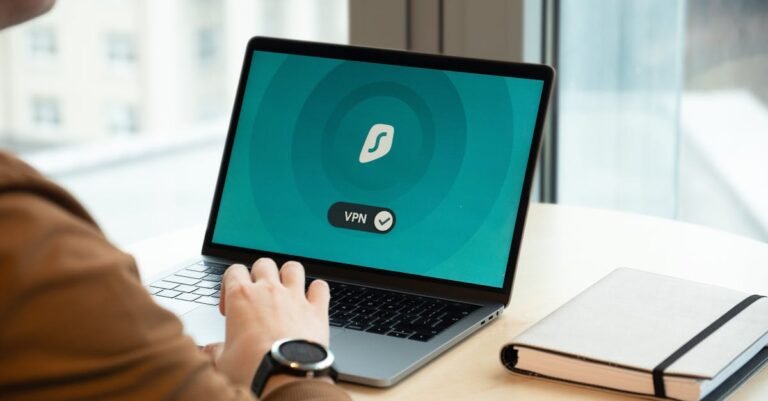Virtual Private Networks Enable Secure File Sharing
In today’s digital world, sharing files securely is essential. Virtual private networks, or VPNs, create encrypted tunnels for data transfer. This technology protects sensitive information from hackers and prying eyes. VPNs mask your IP address, ensuring privacy during file exchanges. Businesses and individuals rely on them for safe collaboration. Explore how VPNs enhance security in everyday use.

How VPNs Encrypt Data for Sharing
VPNs use advanced encryption to secure file transfers. They create a virtual tunnel that shields data from interception. For example, when you share documents online, VPNs prevent unauthorized access. This technology employs protocols like OpenVPN or IKEv2 for robust protection. Additionally, it hides your location, adding an extra layer of anonymity. Users can share files across devices without exposing personal information. Moreover, VPNs block malware attacks during transfers. In a remote work setting, this ensures team files remain confidential. Overall, encryption makes file sharing reliable and efficient. Businesses benefit from reduced data breach risks. With VPNs, secure sharing becomes a standard practice.

Benefits of VPNs in File Security
VPNs offer multiple advantages for protecting shared files. They enhance privacy by routing traffic through secure servers. This prevents ISPs from monitoring your activities. For instance, freelancers can exchange projects safely on public Wi-Fi. Additionally, VPNs support faster connections without compromising safety. Users experience less lag when uploading large files. Moreover, they comply with data protection laws like GDPR. In personal use, families share photos securely across borders. Transitioning to VPNs reduces the chance of identity theft. Overall, these tools boost productivity while maintaining confidentiality. Companies save costs by avoiding cyber threats. Thus, VPNs are indispensable for modern file sharing.

Practical Applications of VPNs for Users
Applying VPNs in daily life improves file sharing experiences. They work well for remote teams exchanging reports. For example, travelers can access cloud storage securely. This technology integrates with apps like Dropbox or Google Drive. Additionally, it supports peer-to-peer sharing without risks. Users avoid geo-blocks when collaborating internationally. Moreover, VPNs are easy to set up on various devices. In education, students share assignments safely. Transitioning to this method enhances overall digital hygiene. Small businesses use VPNs to protect client data. Thus, everyone from professionals to casual users gains from added security.
Why NordVPN Stands Out as a Top Option
NordVPN delivers exceptional security for file sharing with its strong encryption and vast server network. It ensures fast, reliable connections that protect your data effectively. This makes it ideal for anyone needing privacy online. Choose NordVPN for its user-friendly interface and robust features. Sign up now and safeguard your files with ease.
How NordVPN compares to other top VPNs


Disclosure: We earn a commission at no extra cost to you if you make a purchase through links here. This helps support us in creating more content for you. Thank you for your support!







